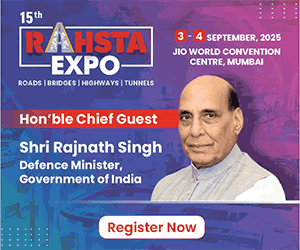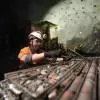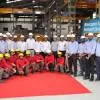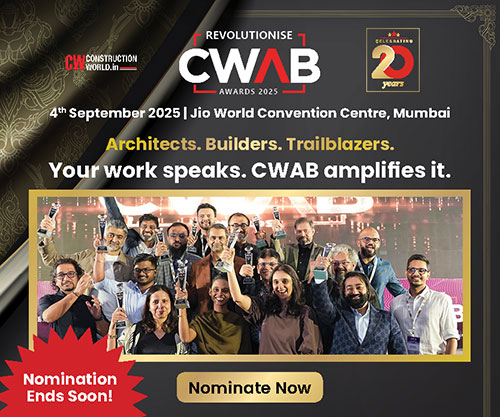Planning our cities to be more resilient to future crises: Rahul Kadri
Read full article
CW Gold Benefits
- Weekly Industry Updates
- Industry Feature Stories
- Premium Newsletter Access
- Building Material Prices (weekly) + trends/analysis
- Best Stories from our sister publications - Indian Cement Review, Equipment India, Infrastructure Today
- Sector focused Research Reports
- Sector Wise Updates (infrastructure, cement, equipment & construction) + trend analysis
- Exclusive text & video interviews
- Digital Delivery
- Financial Data for publically listed companies + Analysis
- Preconceptual Projects in the pipeline PAN India
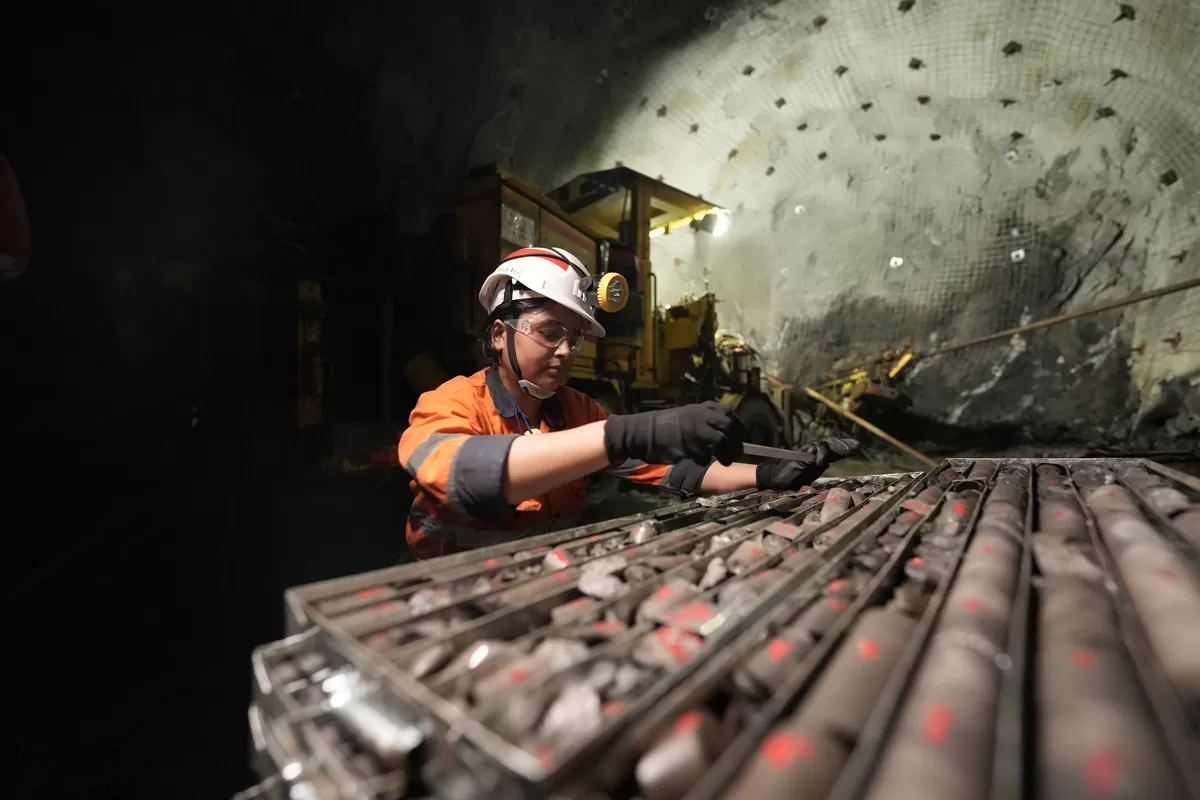
Hindmetal Pioneers EM Tech in Mineral Exploration
Hindmetal Exploration Services (HESPL), a wholly owned subsidiary of Hindustan Zinc, has become the first company in India to deploy advanced Electromagnetic (EM) technologies for mineral exploration. The initiative marks a major leap in the nation’s ability to identify hidden mineral resources with unprecedented precision.The breakthrough involves two cutting-edge tools: borehole EM, which detects and maps conductive ore bodies such as sulfide deposits in high detail, and SQUID surface sensors, which capture even the weakest electromagnetic signals—ideal for spotting low-conductivity or d..

Autodesk Launches Local Data Storage for India
Autodesk has announced the launch of localized data storage in India, enabling businesses and public sector organizations to store and manage project data within the country. This expansion, part of Autodesk’s global regional offerings, supports regulated sectors such as government, infrastructure, and utilities by meeting compliance requirements while ensuring enterprise-grade security, privacy, and data recoverability.The move comes as Autodesk’s 2025 State of Design & Make report reveals that while digital transformation drives significant ROI in the architecture, engineering, const..
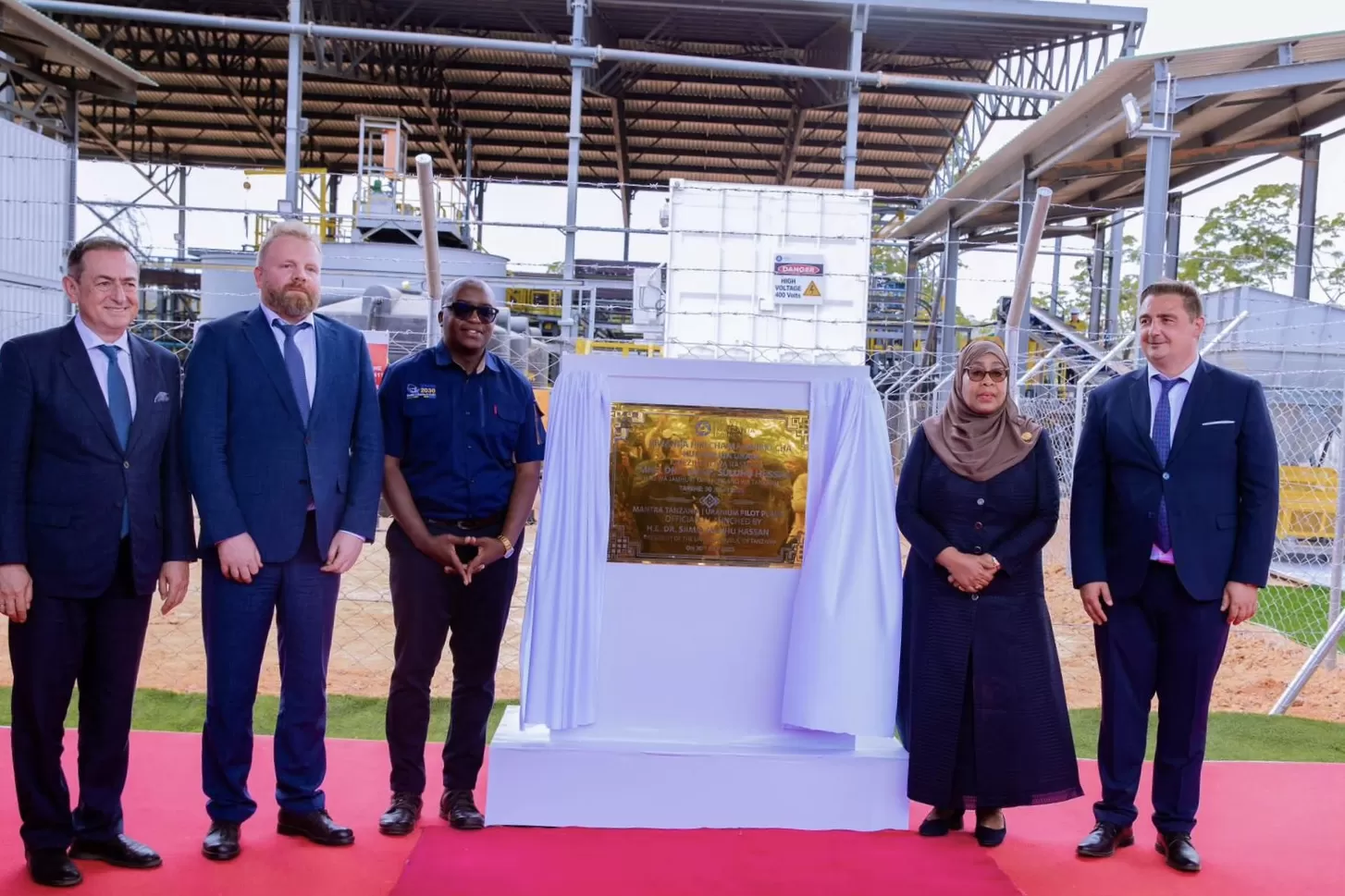
Rosatom Opens Pilot Uranium Facility at Tanzania’s Mkuju River Project
Mantra Tanzania, a subsidiary of Uranium One Group (part of Rosatom), has commissioned a pilot uranium processing facility at the Mkuju River project in southern Tanzania. The inauguration, attended by Her Excellency Samia Suluhu Hassan, President of the United Republic of Tanzania, alongside senior government officials, community leaders, and Rosatom representatives, marks a major step forward in Russia–Tanzania nuclear energy cooperation.Alexey Likhachev, Director General of Rosatom, said: “Rosatom offers its cutting-edge uranium processing technologies to unlock Tanzania’s geological ..





